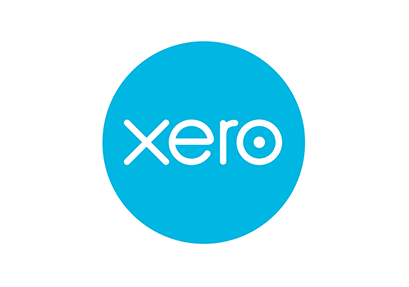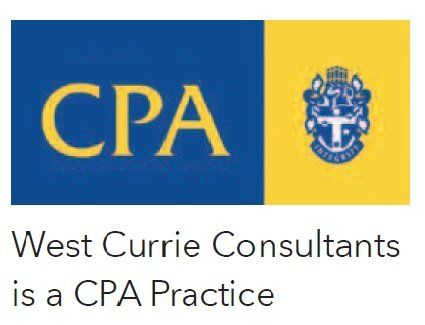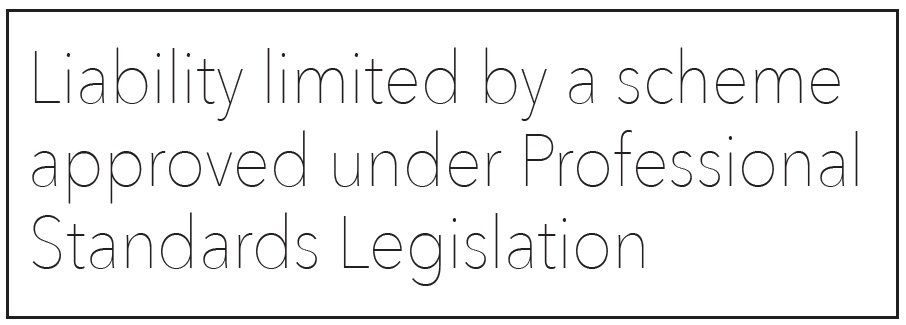Financial Wellness in 30 Days

As New Year's Eve has come and gone but the beginning of the financial year is fast approaching, I thought it might be a good opportunity to introduce a Financial Wellness Program over the next couple of months.
Similar to when making a News Years resolution, we all should aim to do an annual financial health check to see whether there are fundamental improvements to be made which would assist with achieving your goals. Like all resolutions this program requires commitment, if you are to jump out anywhere along the way the end financial goal or reward may not be as great.
Over the next couple of months, I am going to provide you with a 30 day program which requires you to examine one financial aspect of your life each day. Remember that some of the days may not be applicable to you at this stage, however, remember that is it always good to have knowledge and/or the positives or negatives about a financial product prior to jumping in head first.
The following ten dot points correspond with the first ten days of the Financial Health check -
1. Before getting too far into the wellness check it is important to have an idea of the big picture . When you are working towards an ultimate goal it makes the day to day decisions easier. Set yourself a goal of where you would like to be in 12 months, 2 years, 5 years and even 15 years. We are all at different stages of the life cycle – for me at the moment I am wanting to save for overseas travel and need to plan my retirement. Your goals also need to be measurable, being measurable means they can be managed. For example, my goal is to travel overseas, put more specifically - I want to go to China in July 2018 and I want to have $12,000 available for tickets, tours and spending money.
2. Do a mini audit on your wallet - you need to know where you spend your money. Before setting up a budget to achieve your long term goals you need to work out where you are spending your money at the moment. To be able to achieve goals and save some money you need to spend less than you earn.
3. Planning and setting a budget - there is no point setting a budget which is just not workable or is not based on reality but is a figment of your imagination? If you buy a coffee daily as part of your normal routine - then there is no point depriving yourself of that . If you make the budget too hard and difficult to achieve – then you want stick to it and therefore it will be like that News Year resolution that you make at 12 midnight and you have broken it by 12 midday on the 1 st of January.
4. Change of attitude to finances - being financially fit needs to be considered as important as physically fit and healthy. Our attitude to money, savings credit and finances is learnt behaviour mainly form our parents and sometimes our grand parents. Sometimes this can be good or really bad. It may be that you need to modify your attitude to finances in order to feel confident that you are able to achieve your financial goals.
5. Talk - feel confident to talk about money with partner, family, friends and work colleagues. Talk about your goals and where you see yourself in the future. Remember always be open and honest and always ask for opinions especially from your partner. Remember that you are both in this together and you need to have a level of understanding and agreement on financial goals and future directions.
6. Insurance – This is a topic that people are either comfortable talking about or they hate the topic and think that the whole concept is silly. However, you need to re-assess you and your families insurance needs - Assess whether you and your family can continue to pay your accounts if something untoward was to happen. Look at your Life insurance, total and permanent disabilities, income protection insurance and perhaps mortgage protection insurance. Insurance is a means of reducing risks associated with life – compensating for the bad things that can happen – but it will not stop the bad from happening.
7. Be a better saver - Easier said than done! However, sometimes the setting up a direct debit so that money is less available is the easiest way to compulsory save, especially if you are an impulsive purchaser of items that you really want without questioning whether you actually need the item. From your salaries you should budget on allocating at least 20% to savings, 50% on essentials in life, and 30% to lifestyle. Sometimes the amounts allocated to lifestyle can be trimmed and a greater amount put to savings. Compare the amount that you are spending on lifestyle choices into the amount that you earn on an hourly basis. For example, if you earn $25 per hour after tax in your employment and then you go and buy takeaway food one night - pay $60 for all your friends to eat. You need to stand back and think wow I just worked 2.4 hours to shout tea. This puts earnings and lifestyle choices into perspective.
8. Understand the difference between good and bad debt - Bad debt is getting a loan for a depreciating asset like a private car, a boat, a gadget, a toy or a credit card that you are unable to clear at the end of the month. Good debt is when we borrow for an asset that is going to increase in value like property or shares. Used wisely good debt increases your wealth. You should have a look at your bad debt to see whether there is a better financing choice that will enable a better use of your money or try to clear that bad debt as soon as possible.
9. Make sure that you always maintain good records - A fundamental aspect of financial wellbeing is knowing what money comes in and where that money is going. You cannot do this unless you have good records. Take the time weekly to check what is leaving your account in line with the receipts that you have in your wallets. Your need to make sure that your partner is also involved in this process so that you can really assess where money is going and what it is being used for.
10. Know your credit rating - this will be the first thing that a bank or financial institution will look at when you apply for a loan, making sure that you pay accounts on time and when they are due will help your credit rating. You can review your credit rating at the ASIC Money Smart Website, follow the link below - https://www.moneysmart.gov.au/borrowing-and-credit/borrowing-basics/credit-scores.
This is a starting list of things to do over the next 10 days. I want you to analyse these areas before I introduce the next steps. If you have any concerns, want to discuss any of these measures or want help with working out a spending and savings budget – just call, email or drop into to West Currie Consultants and the team will assist you in achieving financial wellness and your financial goals.
Keep your eye out for the next 10 steps to financial wellness in the coming weeks.









